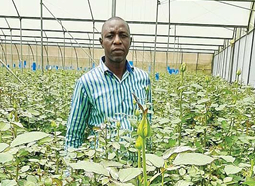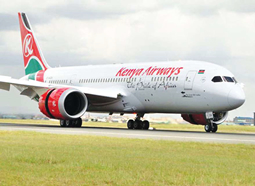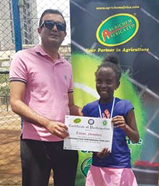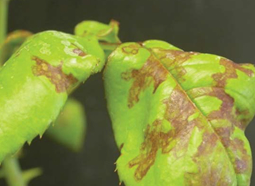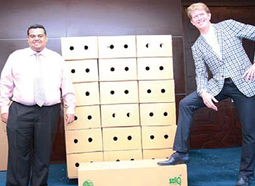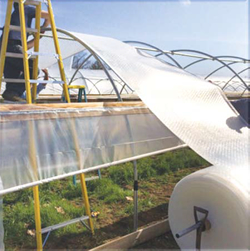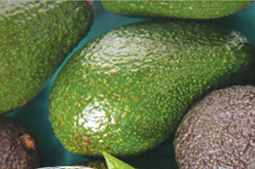Floriculture sector is generating higher income and employment opportunities, promoting domestic market and exports. The traditional flower crops grown for loose flowers under open field conditions have different nutrient requirements compared to cut flower crops like roses which are grown under protected conditions. One of the factors affecting the productivity of most of the floricultural crops is due to improper use of nutrients. To improve the productivity, adequate amount of fertilisers in balanced proportion should be used.
Integrated Nutrient Management (INM) including use of mulches, organic manures and bio-fertilisers along with appropriate dosage of fertilisers is cost effective method to achieve more yield and better quality crop, besides, improving the soil fertility.

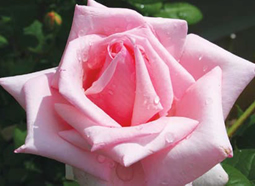 loriculture has emerged as a viable diversification option in the agri-business. It is a rapidly expanding dynamic industry recording a growth rate of more than 15 per cent per annum in the last two decades. Rapid urbanization, increased income levels and changes in social values resulted in increase of export market for cut flowers. Improvement in the general level of well being and increased affluence particularly among the middle class is also another reason for increase in the volume of local flower market.
loriculture has emerged as a viable diversification option in the agri-business. It is a rapidly expanding dynamic industry recording a growth rate of more than 15 per cent per annum in the last two decades. Rapid urbanization, increased income levels and changes in social values resulted in increase of export market for cut flowers. Improvement in the general level of well being and increased affluence particularly among the middle class is also another reason for increase in the volume of local flower market. Changing market conditions
Changing market conditions